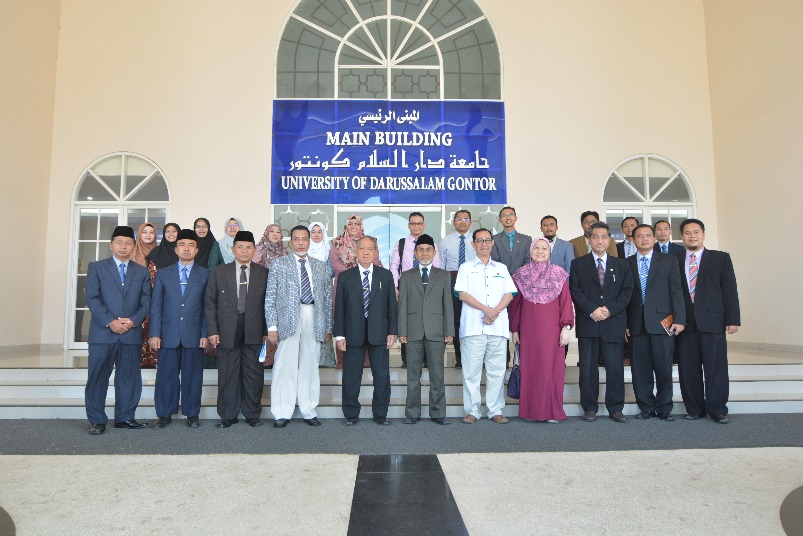By Nur Suriya Mohd Nor
Islam obligates the Muslim ummah to seek knowledge for their and others benefit in this world and the hereafter. The Quran and Hadith emphasise that Islamic knowledge, tawhid, is considered as fundamental for all kinds of beneficial knowledge and is assessed in the context of belief, morality, and worship. Tawhid, thus, is expected to be the foundation of all branches of knowledge.
As a Muslim, there is a need for us to be firm in our religion while at the same time reaching out to know other peoples religions. In line with this, the Department of Usul al-Din and Comparative Religion integrates both Usul al-Din and Comparative Religion which aims to produce Muslims who have good extent of knowledge about Islam, as well as possess certain approaches to study other religions.
The Department of Usul Al-Din and Comparative Religion was established in 1997 in the Kulliyyah of Islamic Revealed Knowledge and Human Sciences (KIRKHS). It is currently being served by two professors, seven associate professors and 13 assistant professors. The mission of the Department is different from that of other similar departments at other universities in Malaysia. The Department integrates Usul al-Din and Comparative Religion in its approach of teaching, research and publication. It offers a four-year full-time programme of studies leading to the conferment of Bachelor of Islamic Revealed Knowledge and Heritage with Honours in Usul al-Din and Comparative Religion. The Department also offers postgraduate degree programmes at the Master and PhD. levels.
The aim of the Department is to promote scholarly Islamic heritage disciplines related to Usul al-Din and Comparative Religion and their relevance to contemporary realities. It also aims to produce graduates who have integrated knowledge, uphold the values of wasatiyyah, as well as adopt holistic approach in dealing with emerging issues. The Department envisions to become internationally recognised leading referral centre for learning, teaching and research in Islamic Thought and Comparative Religion.
The niche area of the Department is comparative approach in the study of Islamic Heritage, Islamic Thought, and other religions, from the basis of Usul al-Din. A unique feature to be found in all programmes at the Department is the œRelevantization of Islamic Heritage to contemporary realities. The Department offers courses which are in line with the nations inspirations such as unity among races, religious harmony, and moderation in contemporary religious discourse. It covers several domains of knowledge, namely Classical and Contemporary Islamic Thought, Tasawwuf, Comparative Religion, and Philosophy.
The programme of studies in the Department offers unique learning experience as it adopts Talaqqi method or face to face teaching and learning session. This involves the delivery and teaching method which entails direct communication from a teacher who reads the Islamic Classical Text or Kitab Turath to the students. This kind of teaching and learning method is highly recommended by Islam and has been the approach of the Prophet (PBUH) when teaching the companions. Talaqqi method would benefit the Muslims as it helps the preservation of the authenticity of knowledge and avoidance of misunderstanding and misinterpretation about Islam.
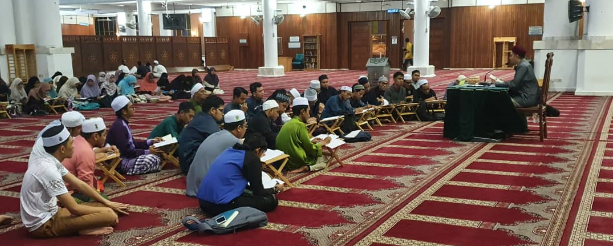
The learning process in the Department is not confined to classroom activities. The Department exposes students to various community service programmes such as educational visit to places of worship (EDVIST), face-to-face as well as online Dawah programmes, and inter-religious dialogue forum. Recently, students of RKUD 3071: Inter-Religious Dialogue had organised an Inter-Religious Dialogue Forum on how to maintain harmonious relationship among multi-religious society in Malaysia during the COVID-19 pandemic.
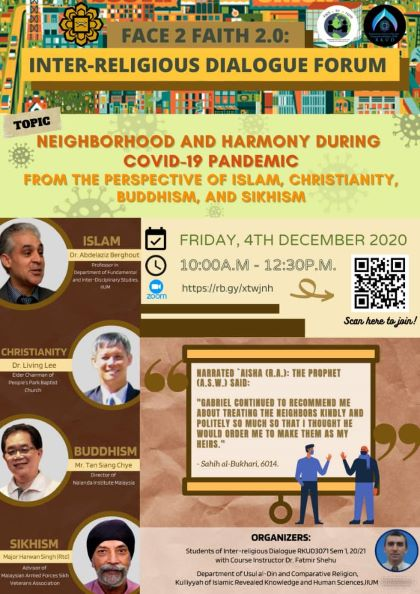
by the Department
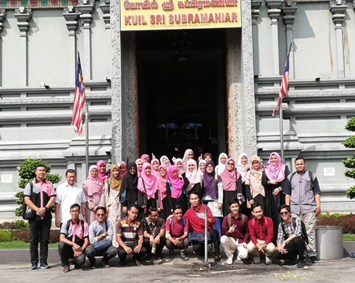
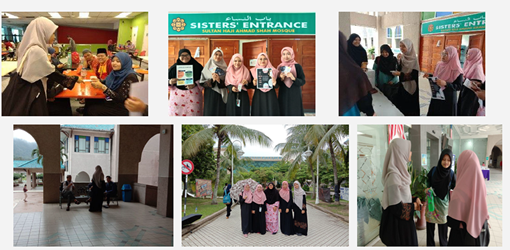
In terms of academic members development, the Department has organised the Scholarship Advancement Projects (SAP) I and II in 2019 and 2020, respectively. This yearly project is a platform for all academics in the Department to present findings of their research which are related to their specialisations and interests.
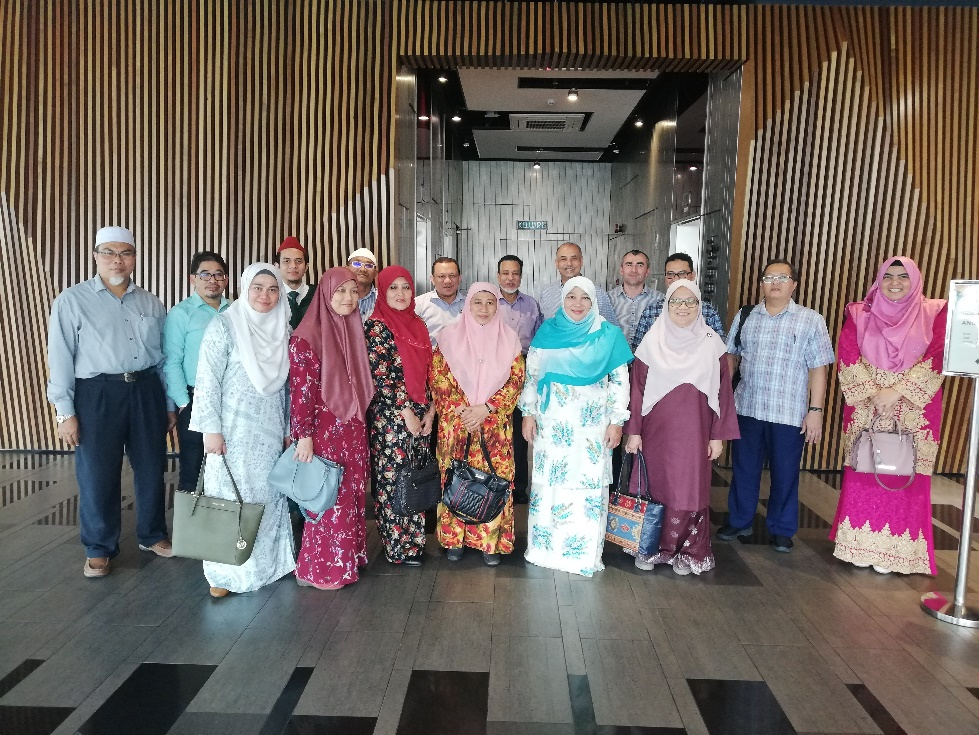
The Department also provides a platform for the academics, students and researchers to share their original findings, new ideas, and expertise in the field leading towards integration of Islamic Revealed Knowledge and Human Sciences via its own journal, Al-Itqan: Journal of Islamic Sciences and Comparative Religion. Established in 2017, the journal publishes original articles, research reports, case studies and book reviews on diverse topics related to issues, problems and developments of Islamic Thought, Comparative Religion, Philosophy, Social Sciences, the Arts and Humanities and other related areas.
Many scholars at the Department of Usul al-Din and Comparative Religion are contributing constructively in research, publications, conferences, and serving the society in various areas such as serving as Felo Kehormat at Institut Kefahaman Islam Malaysia (IKIM), columnist in Utusan Malaysia, Secretariat and Panelists of Majlis Usuluddin Malaysia (MUM), Ahli Kluster Hal Ehwal Agama Pelan Pembangunan Dakwah Negara (YADIM), Head of the KIRKHS Flagship Project, Advisor of KIRKHS Student Society, Advisor of Jalinan Siswa bersama Masyarakat Orang Asli (JASA Club), and the Coordinator of Nursi Research and Training Centre, KIRKHS.
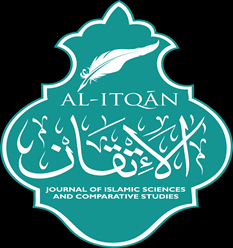

Moving forward, the Department will continuously serve as a centre of studies which develops intellectual growth of students and scholars. It would design more mutually beneficial engagement with learned community, learning community, professional community, and general community in the efforts to fully accomplish its mission. For instance, the Department plans to have more collaborative programmes with University of Darussalam Gontor, as outlined in the 2019 MOU. The Department wishes to strengthen its engagement with different stakeholders such as signing MOU and MOA with different institutions or religious bodies i.e. Jabatan Mufti Islam in Malaysia.***
(The writer, Dr. Nur Suriya Mohd Nor, is Assistant Professor and Head in the Department of Usul al-Din and Comparative Religion, Kulliyyah of IRKHS)
